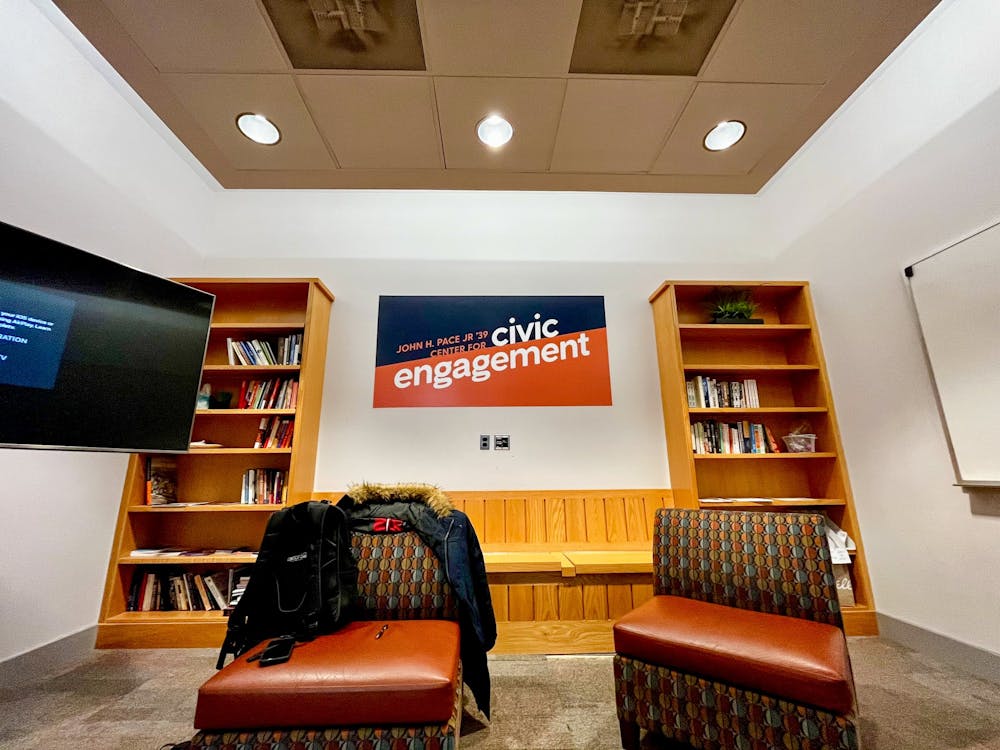I am hired to help take care of the first one. Though I am in the teacher preparation program, I have little hands-on experience in education so far. For parents who want the best for their kids but are not able or willing to shell out hundreds of dollars per hour for one-on-one tutoring from Kaplan or The Princeton Review, paying a college student to tutor is often a good compromise. Families can pay people like me for half a month’s worth of tutoring for the same price they would pay a professional tutor for a single session.
Furthermore, we can’t be sure that a professional tutor is actually any better than an amateur. As far as subject matter goes, there can’t be much of a difference between my knowledge and a professional’s — middle school math can only get so complex. The real rate-limiting variable is the ability to convey the knowledge clearly, keeping in mind the learning style of each particular student. That said, having a sense of empathy is important; you won’t get anywhere if you expect everyone to interpret new information the same way. These traits, though they can be trained, are not always dependent on experience.
Students at Princeton are missing a major opportunity. Whether or not there is validity behind a parent’s desire to hire college students to help their kids in school, there is undoubtedly a market out there that we have not yet accessed. Tutoring gives you a wonderful opportunity to develop professional skills that you will likely need in any walk of life. The ability to communicate is key. As parents are entrusting you with their child’s future, you must also be relatively responsible. There is nothing more satisfying than seeing a child master a new skill or concept, knowing that you were the one that made it happen.
For those on financial aid at Princeton, tutoring as a component of student employment should be a no-brainer. It is surprising that the University makes on-campus employment opportunities widely known but largely ignores local options. The administration could greatly expand student employment opportunities by forming partnerships with regional middle and high schools and developing a network to connect local parents and Princeton students. Parents would be delighted not to have to pay top-dollar for a professional tutor, while Princeton students would be able to earn significantly more per week than they would working shifts at the library restacking books.
It seems to me that there is an enormous disconnect between supply and demand that can easily be rectified by the administration before the beginning of the next school year. If not the administration, then perhaps individual academic departments could get involved by directing undergraduates to tutoring opportunities. Such a system would allow us to give back to the community while recouping some of the costs of college, all while creating a stronger bond between the University and neighboring townships.
Imagine a marketplace in which local students and University tutors could find each other. Though there are some offerings through the school’s employment website, these are not nearly adequate. A possible solution to facilitate the type of program I’m suggesting would be an online network; a website administered by the University, or perhaps a more private venture. PrincetonFML has shown us that a college website can be ubiquitous, even when it is not officially endorsed by or affiliated with the University. A system that would establish a database of those seeking knowledge and those providing it would help link those inside and out of the Orange Bubble while assisting financially burdened undergraduates. The possibilities are endless.
David Mendelsohn is a psychology major from Rockville Centre, N.Y. He can be reached at dmendels@princeton.edu.







